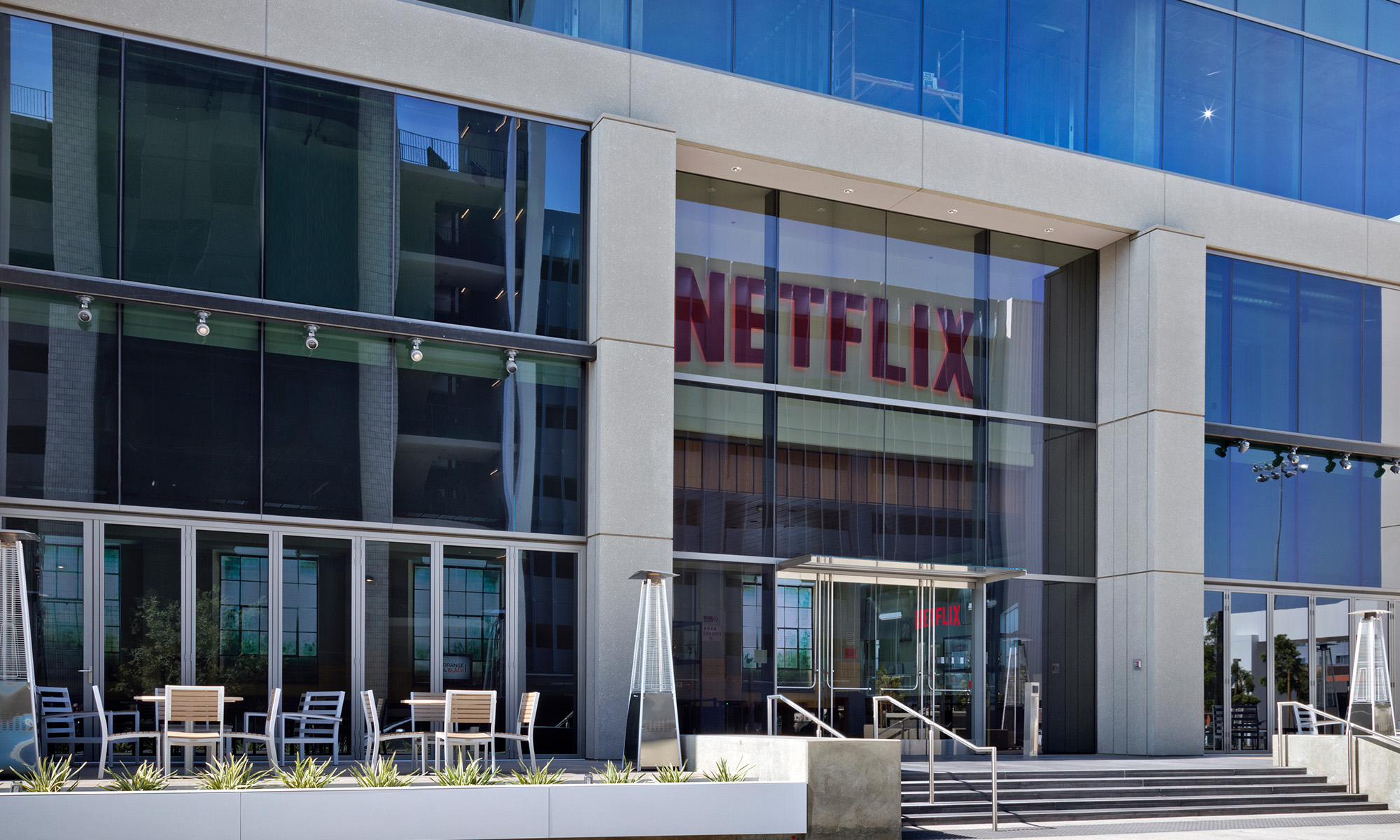With 2015 fast becoming the year of the streaming wars, all eyes are on Netflix (NFLX 1.76%) as it faces off against its chosen rival, Time Warner's (TWX +0.00%) HBO, with its soon-to-debut streaming service HBO Now.
Though many scoffed when Netflix CEO first called HBO its biggest rival in 2011, over the years the statement has proven true as Netflix branched into original production and HBO targeted Netflix's domain in over-the-top streaming.

Tapping international markets is the key for Netflix. Source: Netflix France Twitter page
In the process, Netflix, the one-time industry insurgent, has surpassed HBO in some important metrics. In 2013, the Internet TV pioneer topped HBO in domestic subscribers, passing 30 million, and the gap has only grown since then as Netflix's member base has increased by about 20% a year. In the second quarter of that same year, Netflix also passed the Game of Thrones-maker in revenue.
But HBO still reigns in profits and subscribers
Netflix still lags far behind HBO in profits -- and more importantly HBO, has nearly double the number of subscribers globally. HBO has about 114 million subscribers worldwide -- the number balloons to 138 million when sister network Cinemax is added -- while Netflix counted 57 million total members in its last earnings report.
As a mature company, HBO's figures show that the real opportunity for Netflix is overseas. HBO currently derives about 70% of its subscribers from outside the U.S., is available in over 60 countries worldwide, and licenses its content in over 150. Meanwhile, Netflix is available in about 50 countries, and is aiming for 200 within the next two years.
So while Netflix investors have primarily focused on domestic subscribers as the key driver of the video streamer's performance and pushed Netflix's stock down as the domestic subscriber growth rate toward the end of 2014 declined year over year, perhaps they should be focusing on the company's global opportunities.
What a truly global Netflix would look like
If Netflix can reproduce HBO's success abroad, profits would pour in and the stock would likely soar.
Currently, Netflix is bringing in significant profits from its domestic streaming operation. However, this year will mark the first time that contribution profit -- which are simply direct costs, defined by the company as streaming rights and marketing expenses, subtracted from subscription sales -- breaks $1 billion and contribution margin tops 30%. This means the leftover cash can be spent on technology and development or general and administrative expenses.
It's important to note that the major drain on Netflix's performance in recent years has been the international segment, which has consistently delivered a contribution loss due to expansion expenses and the smaller base of subscribers. In 2014, Netflix recorded a contribution loss of $160 million from the international segment, but subscriber growth was strong at 67%. The contribution loss should persist through this year due to continued expansion, but with that kind of membership growth the segment will eventually turn profitable, especially since Netflix now derives about a third of its members from outside the U.S.
Using HBO's figures as a basis for extrapolation, Netflix should eventually have twice as many international members as domestic ones. Analysts believe that the streaming service could reach 70 million subscribers in the U.S, which could equate to 140 million subs abroad or 210 million total, using the HBO model. CEO Reed Hastings has targeted a contribution margin of 40% by 2020 for the company. Using these assumptions and an estimated subscription price to $10/month, the chart below shows what Netflix's financials could be like a few years down the road.
| Subscribers | Revenue (at $10/month) | Contribution profit (at 40% margin) | |
| Domestic | 70 million | $8.4 billion | $3.36 billion |
| International | 140 million | $16.8 billion | $6.72 billion |
| Total | 210 million | $25.2 billion | $10.08 billion |
In 2014, spending unrelated to contribution profit totaled 13.4% of revenue, which would leave the company with an operating profit of about $8.7 billion, about the same margin as HBO, compared to an operating profit of just $400 million last year. Subtracting another third for interest expense and taxes, similar to what the company paid in 2014, would leave a net income of $5.8 billion. Even at a modest valuation, that would make Netflix worth more than $100 billion.
This won't happen overnight, of course, but using HBO's success as a blueprint, the demand for home entertainment is clearly there. Netflix just needs to find the same success abroad as it has at home.






